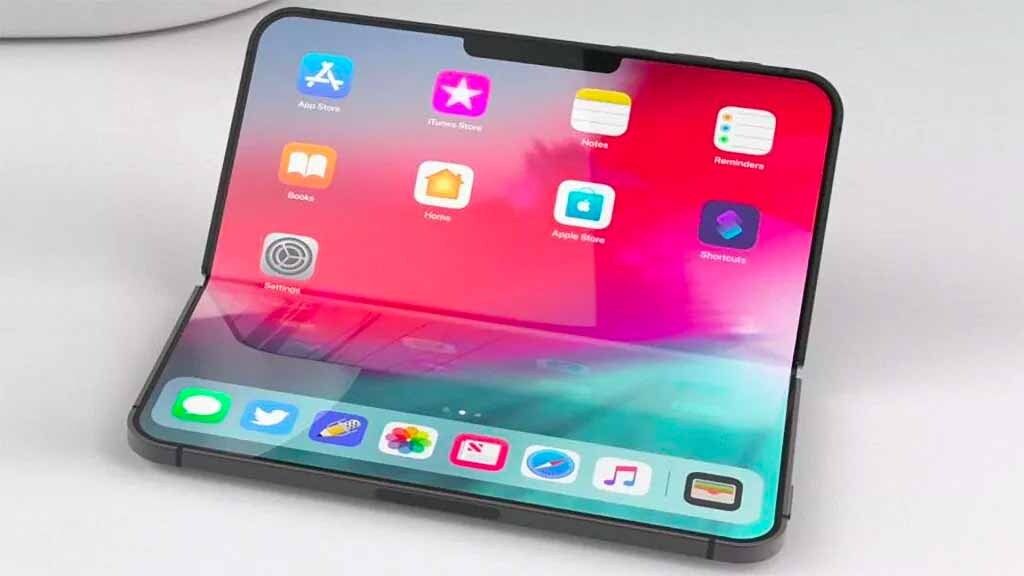
iPhone Flip should have been released years ago — it's time Apple started taking risks again
- 23.03.2025 06:06
- tomsguide.com
- Keywords: AI, Startup
Apple's cautious approach to innovation, exemplified by delays in releasing the foldable iPhone, reflects internal resistance and perfectionism, hindering progress despite industry advancements.